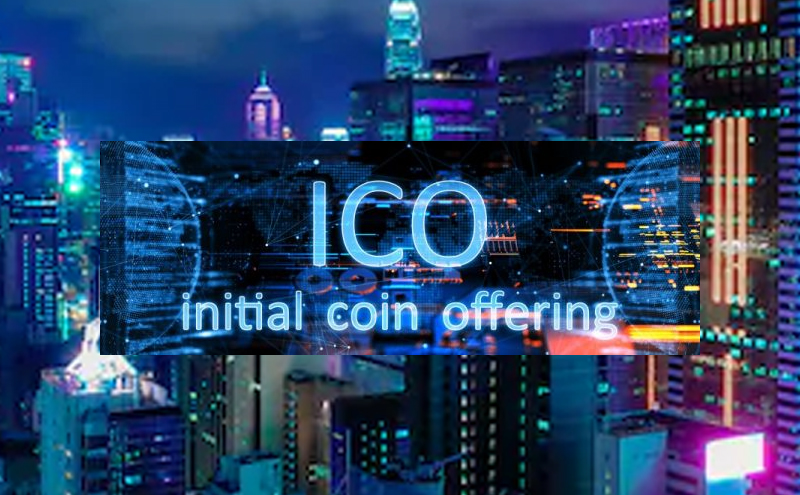Initial coin offerings (ICOs) have given corporations another option for raising capital. Instead of tapping the equity or debt capital markets, they develop a blockchain-fueled digital token that is then sold to the public for a price. That token must offer some value, whether it’s contained within the ecosystem of the project or beyond, and investors are keen to hunt the next bitcoin or at least hold tokens whose price they are convinced will rise, the latter of which involves speculation. While many of the businesses that have pursued ICOs are startups, some publicly traded companies are jumping in as well.
Whether or not an ICO is the right choice for your business depends in large part on the technology that you have to offer the blockchain community. The ICOs that raise the most capital are generally either those that are the most disruptive to an industry because of the impact they will have or a business that boasts a proven business model and revenue. Messaging platform Telegram is a good example of the latter.
ICO Activity
Telegram, a messaging platform that’s incidentally used by many ICO issuers to communicate with their investors, launched an ICO in which it was targeting $1 billion and at last-check had reportedly raised $850 million.
The types of companies that pursue initial coin offerings have spilled over into just about every industry vertical, ranging from healthcare to sports and gaming, to power generation and the food supply chain. Most recently, iconic brands including Eastman Kodak and Atari Group have launched blockchain projects in which they plan to develop and sell their own digital tokens. Both companies are listed on public exchanges, and investors were quick to reward Kodak’s stock when it announced the token sale.
ICOs really began to gain steam in 2017 alongside the rise in the bitcoin price. Overall, blockchain companies raised more than $4 billion from token sales last year, attracting both retail and institutional investors.
In fact, many venture capitalists, which traditionally are the financial backers of tech startups, decided rather than compete with this new form of fundraising to join in.
KYC and AML
In the United States and around the world, ICOs remain largely unregulated. That doesn’t mean that securities regulators aren’t engaged with the market but rather that there are some gray areas that require the business behind or issuer of a digital token to follow protocol.
Chief among these standards are two rules known as know-your-customer (KYC) and anti-money laundering (AML) protocols. It’s up to the issuer to vet their investors through a whitelist before transacting with any of them. It’s a way to be sure that investors are who they say they are, in an attempt to thwart any fraud from taking place. The United States is one of only a handful of nations around the world that enforce KYC and AML.
The way that a business classifies its digital token is also of utmost importance. The Securities and Exchange Commission has said that any token that resembles a security will be regulated under securities laws.
Many issuers choose to identify their tokens as utility tokens instead, suggesting their sole purpose is to fuel a particular project and not to be traded based on speculation. But the SEC has the final say, and if they disagree they will stop your ICO in its tracks, or recommend that you stop it.
Enter the Fray
You may be wondering if launching an initial coin offering is the right direction for your business to take. Contact us at Concepts Rise to discuss your fundraising needs and we will advise you on the best course of action to consider.
Majid Abai – April 2018 – Los Angeles
———————————————————
About The Author:
Majid Abai is Managing Director of Concepts Rise (www.ConceptsRise.com), a High-Technology and Innovation Consultancy based in Los Angeles, CA, USA. With over 30 years of experience in supporting US and global organizations, Mr. Abai focuses on strategic and tactical approach to use of innovation and technology to increase revenues and reduce costs for organizations. Majid could be reached at 424-320-0524 or via email at majid.abai@ConceptsRise.com.

